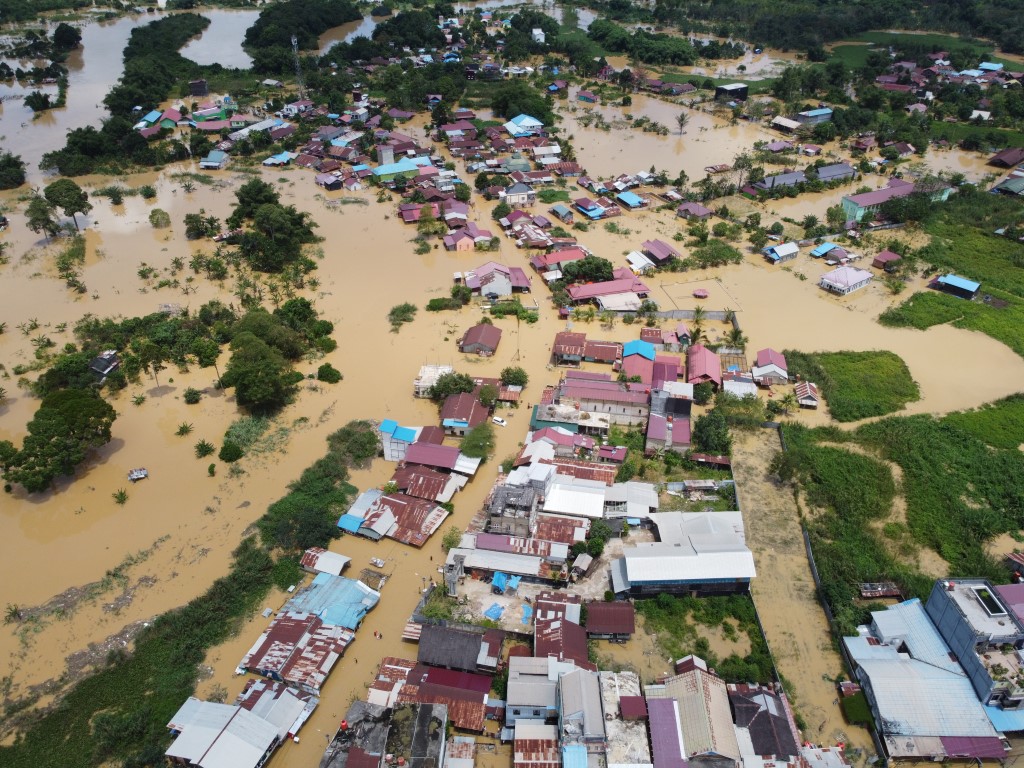From Technology to Community: Join Krah's Digital Journey
Social media is a game-changer, even for industries as specialized as machine manufacturing. If you’re passionate about cutting-edge technology and want to learn more about KRAH’s innovative solutions, our social media platforms are where you need to be. Across Instagram, YouTube, and LinkedIn, we share valuable insights, engage with our audience, and highlight the incredible engineering behind our products - and now we are even reachable on "X"!
On Instagram (@derkrah), with 1,400 followers and counting, we provide a visual journey into the heart of our operations. From showcasing our advanced machines to featuring behind-the-scenes content, this platform is perfect for those who love a mix of technology and storytelling. It’s no wonder our followers come from diverse countries like Germany, the USA, and Brazil, making it a truly global community.
For a deeper dive into the technology, our YouTube channel (@krahtechnology) is the ideal destination. With over 1,000 subscribers, we bring theories to life through videos demonstrating Electrofusion technology, extraordinary durability tests, and real-world applications on construction sites. Each video is crafted to educate and inspire, but we need your input—your comments, likes, and shares not only guide our content but also ensure that the platform’s algorithms help us reach a broader audience.
LinkedIn (@krahpipes) is where business and innovation intersect. Our 1,300 followers leverage this platform to stay connected to industry trends, network within the Krah Community group, and gain insights from events like trade fairs. It’s an essential tool for professionals who want to stay informed and engaged - however, we have the feeling that LinkedIn is becoming more and more a second "Facebook", losing its simply informative and business-related content.
Social media isn’t just for consumer brands; it’s a crucial tool for industrial companies too. For machine manufacturers like KRAH, platforms like these allow us to bridge the gap between complex engineering concepts and everyday understanding. They humanize our brand, offer an avenue for customer feedback, and provide a cost-effective way to showcase innovations. Moreover, as digital marketing evolves, social media is becoming a key driver of business growth—whether through targeted recruitment, customer engagement, or enhancing global visibility.
That's why we have decided to also use the platform "X" from now on as direct link to our customers and our Krah community. Under @krahcommunity you will have the chance to get in direct touch with us-for us at the moment the easiest way to communicate with everyone. By following us on Instagram, YouTube, LinkedIn and X, you’re not just staying updated; you’re joining a community of innovators. Your interactions, whether it’s a thumbs-up, a question, or a share, help us grow and improve. Together, we can elevate the conversation around manufacturing technology and bring KRAH’s mission to a wider audience. So, join us today and become a part of our exciting journey!






